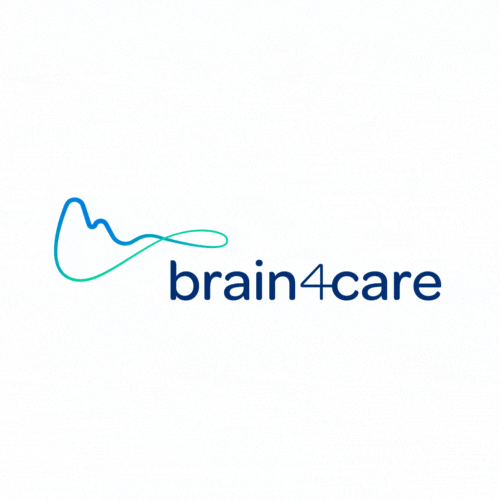
Study shows that elderly people who napped for more than an hour a day or at least once a day were 40% more likely to develop Alzheimer’s
Scientists at the Schmidt Brain Health Center at Florida Atlantic University School of Medicine have established an association between excessive daytime napping and dementia. According to them, even after adjusting for the amount of sleep and sleep quality, the possibility of developing Alzheimer’s was greater.
The results are in line with the findings of a previous study by Yue, where researchers found that napping two hours a day increased the risk of cognitive impairment compared to napping less than 30 minutes a day.
Over 14 years, the study found that daily daytime napping increased by an average of 11 minutes per year for adults who did not develop cognitive impairment.
However, a diagnosis of mild cognitive impairment doubled nap time to a total of 24 minutes per day. People who were diagnosed with Alzheimer’s had nearly triple the nap time — an average of 68 minutes a day.
“The public is not aware that Alzheimer’s disease is a brain disorder that often causes changes in mood and sleep behavior,” said Richard Isaacson, director of the Alzheimer’s Prevention Clinic at Schmidt’s Brain Health Center. Florida Atlantic University School of Medicine.
Publication: Excessive napping could be a sign of dementia, study finds
Research Article: Daytime napping and Alzheimer’s dementia: A potential bidirectional relationship





